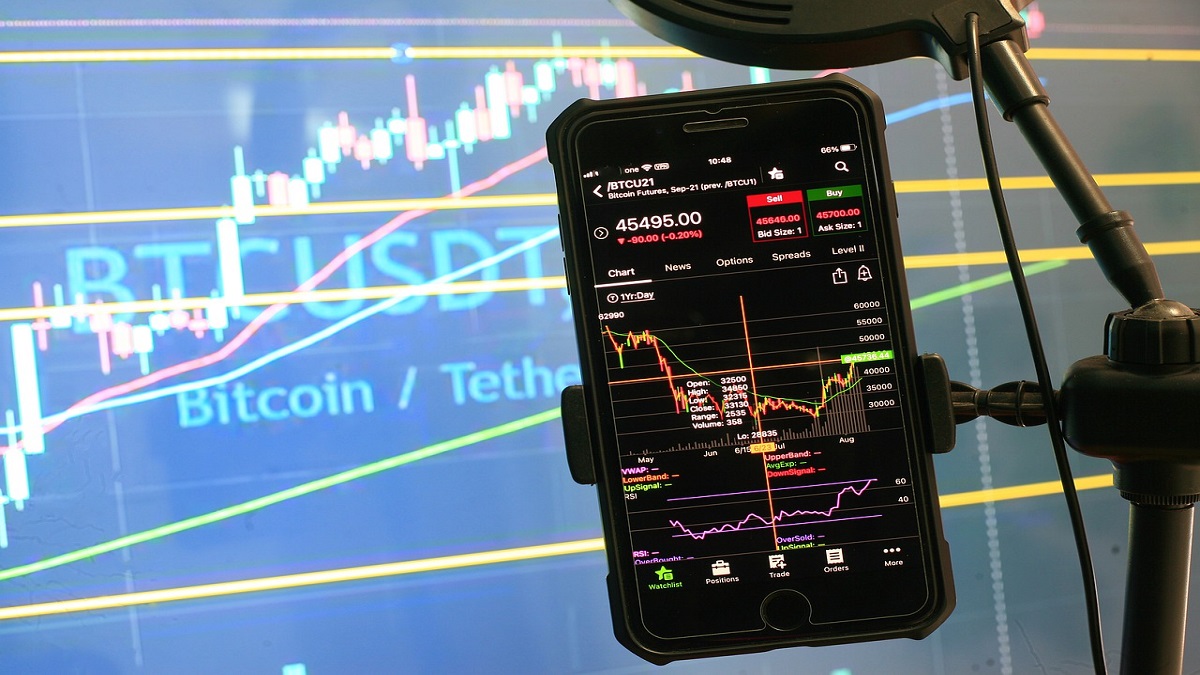Over the past month, calls have been made in many countries for stricter regulation of the digital asset market. Some states followed China’s example and imposed tough restrictions.
In June, many important developments took place in the field of crypto market regulation that affected the industry.
In the first half of the month, four Chinese provinces completely banned the mining of digital coins on their territory. As a result, miners began to leave China, and the bitcoin hash rate dropped by more than 50%.
Suspend the operation had even the world’s largest manufacturer of equipment for mining Bitmain.
The Chinese company made this decision after prices for equipment for mining cryptocurrency fell by 75% in two months. Bitmain plans to move production from China to other countries.
All Chinese banks and other financial institutions, such as the Alipay payment system , have been banned from conducting operations related to cryptocurrencies .
After that, regulators in other countries also paid attention to digital assets and the need to regulate them.
The Bank of Indonesia has introduced a ban on the use of digital currencies as a means of payment or other instruments of financial services. The department recalled that cryptocurrency cannot be used to pay for goods and services.
The Netherlands also proposed introducing a complete ban on the circulation of cryptocurrencies . Peter Hasekamp, director of the Dutch Bureau of Economic Analysis under the Ministry of Economy and Climate Policy, urged the country’s authorities to follow China’s example.
And the head of the Italian financial regulator CONSOB, Paolo Savona, said that the uncontrolled circulation of digital assets could harm the country’s economy.
The head of the Bank of Russia Elvira Nabiullina also spoke out against the use of cryptocurrencies in settlements . In her opinion, digital currencies cannot even be called money, since they are a monetary surrogate.
Experts explained why regulators have been closely watching digital currencies lately and how this will affect the crypto market.
Growth consequence
For a long time, regulators did not consider cryptocurrencies as some kind of serious phenomenon that could affect the balance of power in global finance, explained Yuri Mazur, head of data analysis at CEX.IO Broker.
According to him, the 2020 crisis and the subsequent flow of capital to crypto exchanges demonstrated the stability of the sector’s position, and the growth of the crypto market attracted even more retail investors, and, importantly, large technology players.
Software maker MicroStrategy is the largest cryptocurrency holder among publicly traded companies. The company last bought bitcoin on June 21 for $ 489 million. In total, MicroStrategy owns more than 105 thousand digital coins.
In early February, it was reported that Tesla had invested in the main cryptocurrency. The company sent a notice to the US Securities and Exchange Commission (SEC) about the purchase of bitcoin for $ 1.5 billion.
At the end of March it became known that Tesla sold 10% of digital coins, fixing a profit of $ 101 million.
“For regulators, leaving the market unattended now means potentially losing the monopoly in the financial sector in the future,” the analyst said.
According to Viktor Pershikov, a leading analyst at 8848 Invest, in addition to the fact that the number of participants in the crypto market has increased significantly in recent years, the number and volume of illegal digital asset transactions has increased, as well as the number of fraudulent projects.
He explained that the lack of global legislation in this area is forcing individual countries to go their own way: someone prohibits digital assets, and someone looks at the crypto industry more loyally.
The difficulty in regulating this market, which is initially unregulated by its principle and excludes the participation of a third party other than the seller and the buyer, is the reason for many governments’ reluctance to recognize cryptocurrency, according to Vladimir Smetanin, CEO of the financial company Newcent.
Activity will decline
The activities of regulators will progressively reduce over the next 6-12 months, because current market conditions do not warrant an urgent response from global financial authorities: they only connect when bitcoin begins to play a larger role than usual, according to Pershikov.
In his opinion, serious bans on cryptocurrencies should not be expected in the world’s largest economies, such as the United States and the European Union, because investment and financial products based on digital assets already exist in these countries, which are regulated and are not harmful to the financial industry.
In the next few years, we will see attempts to create international norms for regulating digital assets, but they are unlikely to affect private blockchain projects, Pershikov argues.
He believes that the regulation of cryptocurrencies is a dead end for the world’s financial authorities.
“Regulation is possible for national digital currencies (CBDCs) and cryptocurrency exchanges, but we are unlikely to see regulation of bitcoin or other private crypto assets,” the analyst added.
All attempts to control the industry will be limited to tax and criminal law regulations. To regulate cryptocurrencies as financial instruments, they must be treated similarly to traditional kinds of money, which the main authorities oppose, according to a top analyst at 8848 Invest.
Not only prohibitions
On June 9, the Parliament of El Salvador passed a bill that secures the status of an official legal tender for bitcoin along with the US dollar. El Salvador’s President Nayib Bukele signed the law and announced that it will enter into force on 7 September 2021.
El Salvador has already developed the Chivo cryptocurrency wallet, for the use of which every resident of El Salvador will receive $ 30 worth of bitcoins as a reward .
To create a cryptocurrency infrastructure, the American company Athena will install 1,000 crypto mats in El Salvador so that residents can buy cryptocurrency and exchange it for ordinary money.
El Salvador is now the only country in the world that recognizes bitcoin as a legal form of payment. It will be tough to do so in other nations, according to the head of CEX.IO Broker’s data research department, because the El Salvadorian government has previously experienced a lack of infrastructure for conducting cryptocurrency payments.
For a variety of reasons, including security, network technology aspects, scaling parameters, the lack of a regulatory framework, and low capitalization, Pershikov believes that Bitcoin is not an asset that can be used for societal requirements in a single country.


